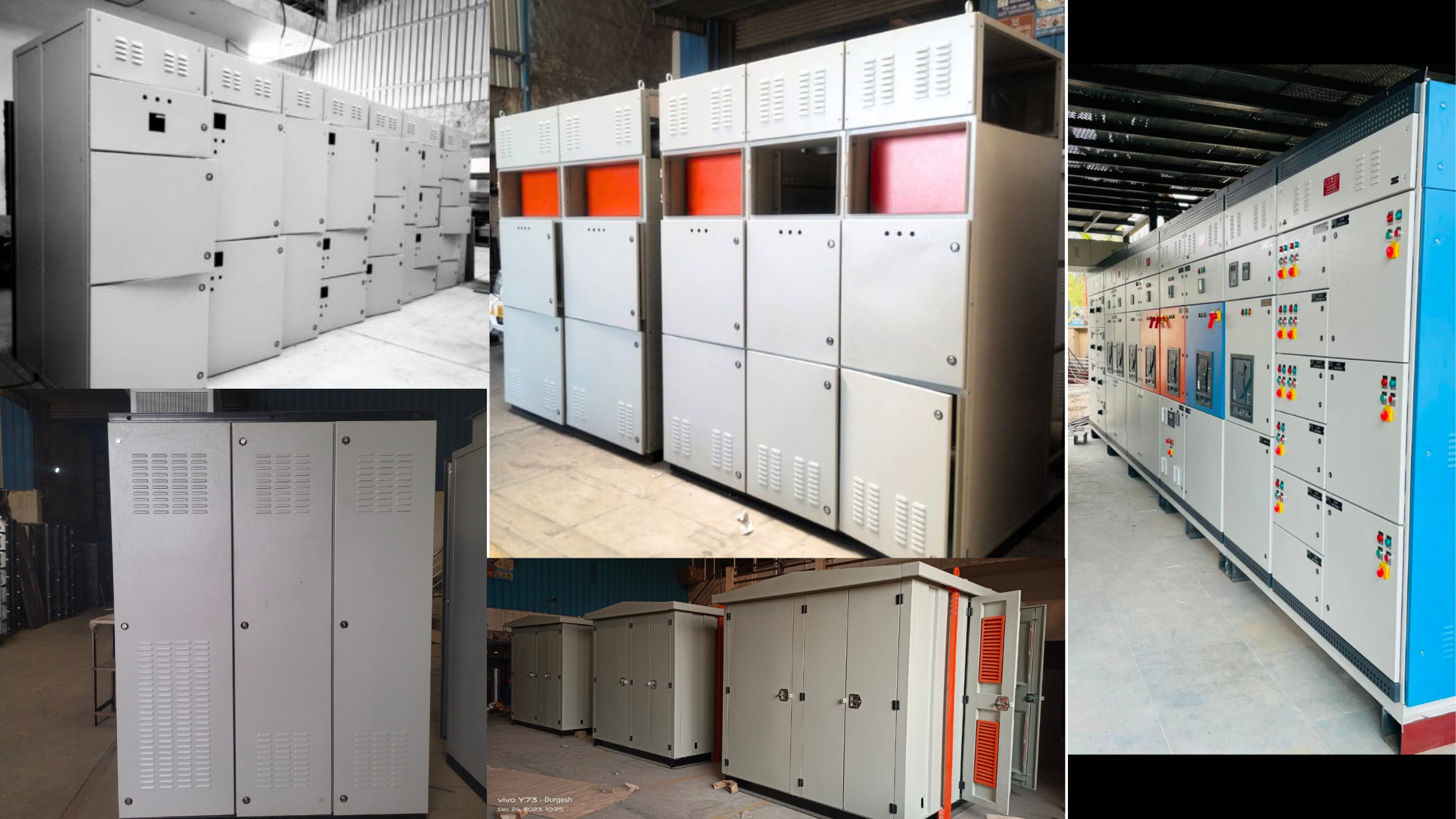Define
In Motor Control Centers (MCC) used for controlling and distributing power to multiple motors and other equipment, various types of contactors are employed depending on the control, protection, and functionality requirements. Here are the main types typically used in MCC control panels:
1. Standard Motor Control Contactors
- These contactors are used to start and stop motors. They handle high inrush currents when motors start and provide the necessary switching function.
2. Reversing Contactors
- Used for motors that need to rotate in both directions (forward and reverse).
- These consist of two contactors mechanically and electrically interlocked to prevent both directions from being energized simultaneously.
3. Star-Delta Contactors
- Used for star-delta starters that reduce the initial starting current of large motors.
- This involves three contactors (main, star, and delta) along with a timer to switch between the configurations.
4. Contactor for Soft Starters
- Utilized when integrating soft starters into the MCC panel for smooth motor starting.
- The contactor works alongside the soft starter to control motor acceleration.
5. Vacuum Contactors
- Suitable for medium-voltage motors where high performance and arc extinguishing are critical.
- These are sometimes used for high-capacity motors in MCCs for reliability and longevity.
6. Definite Purpose Contactors
- These are used when a contactor is tailored for a specific application, such as HVAC systems or pumping.
7. Capacitor Duty Contactors
- Designed specifically for switching capacitors in power factor correction systems integrated within MCC panels.
- They are built to handle the inrush currents associated with capacitor switching.
8. Latching Contactors
- Used for circuits requiring contactors to remain in a particular state (ON or OFF) without continuous coil energization.
- Helpful in applications aiming to conserve energy or reduce relay coil heating.
Selecting the right types and combinations depends on the specific motors and their requirements within the MCC, as well as factors such as load characteristics, system voltages, and control schemes.

